Mortal sin is like deliberate solitary confinement. If death comes and one has not repented, his heart is forever sealed – he will have excluded himself from enjoying infinite truth, goodness, beauty, life, and happiness.


Mortal sin is like deliberate solitary confinement. If death comes and one has not repented, his heart is forever sealed – he will have excluded himself from enjoying infinite truth, goodness, beauty, life, and happiness.

A physically manifested prayer and silence can both play a significant role in drawing us in communion with our fellow brethren and with our Trinitarian God, as we follow in the footsteps of the great saint, Francis of Assisi.

Often we expect that God will simply give us whatever we ask for in prayer and are disappointed when we do not receive it. But prayer has effects more far reaching than merely having petitions for temporal wants met.
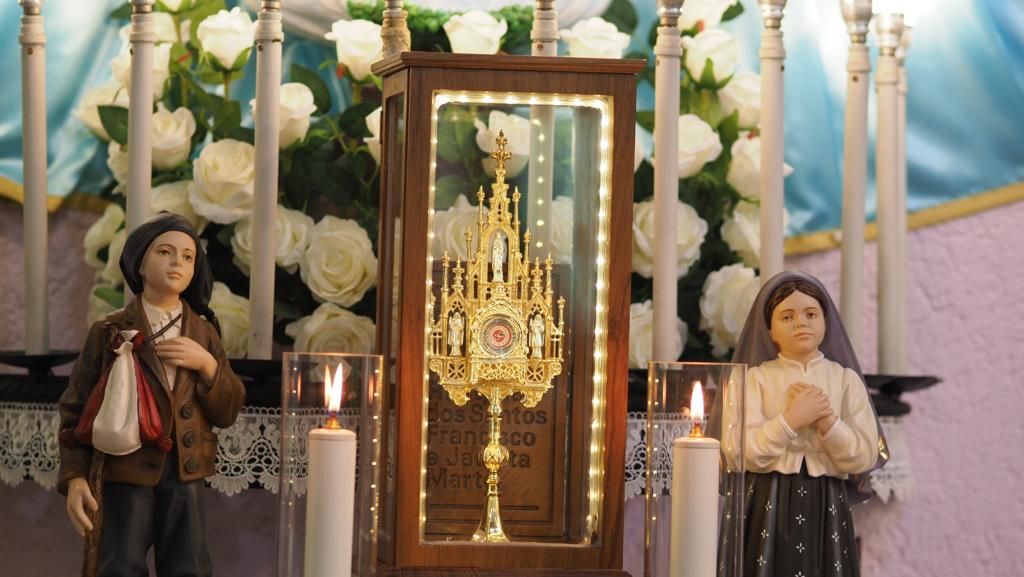
This year the feast of Our Lady of Fátima, celebrated this Sunday in Macau’s northernmost parish, had a special flair to it. Located at a short distance away from Mainland China, the Church of Our Lady of Fátima became the first in the Diocese of Macau to display relics of Saint Jacinta and Saint Francisco Marto, two of the little shepherds who witnessed the Cova da Iria apparitions.
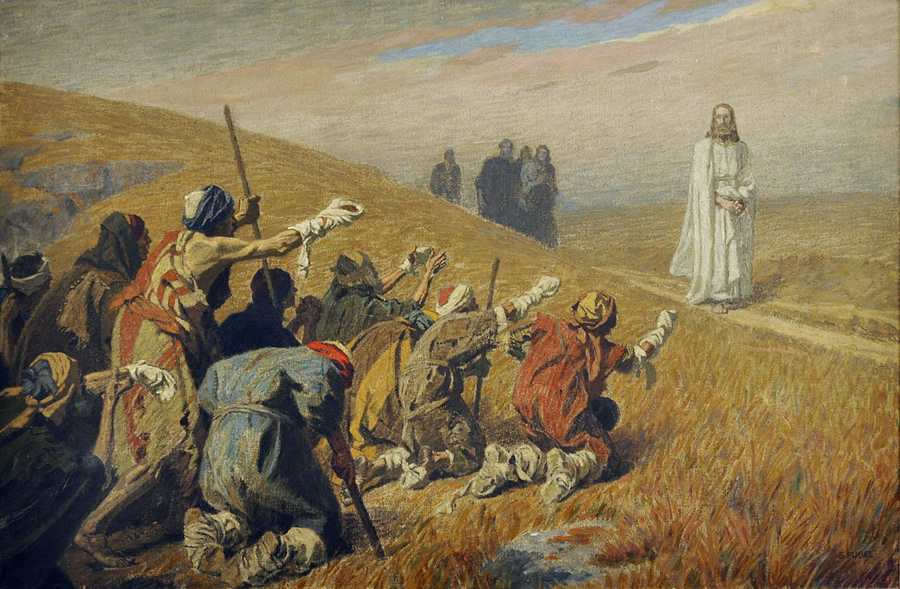
The Samaritan showed more faith than the Jewish lepers, which signifies that following outward forms of religion with precision is not necessarily a sign of a strong relationship with God. The outcaste Samaritan had more faith than the Jews despite being born in a heretical sect.
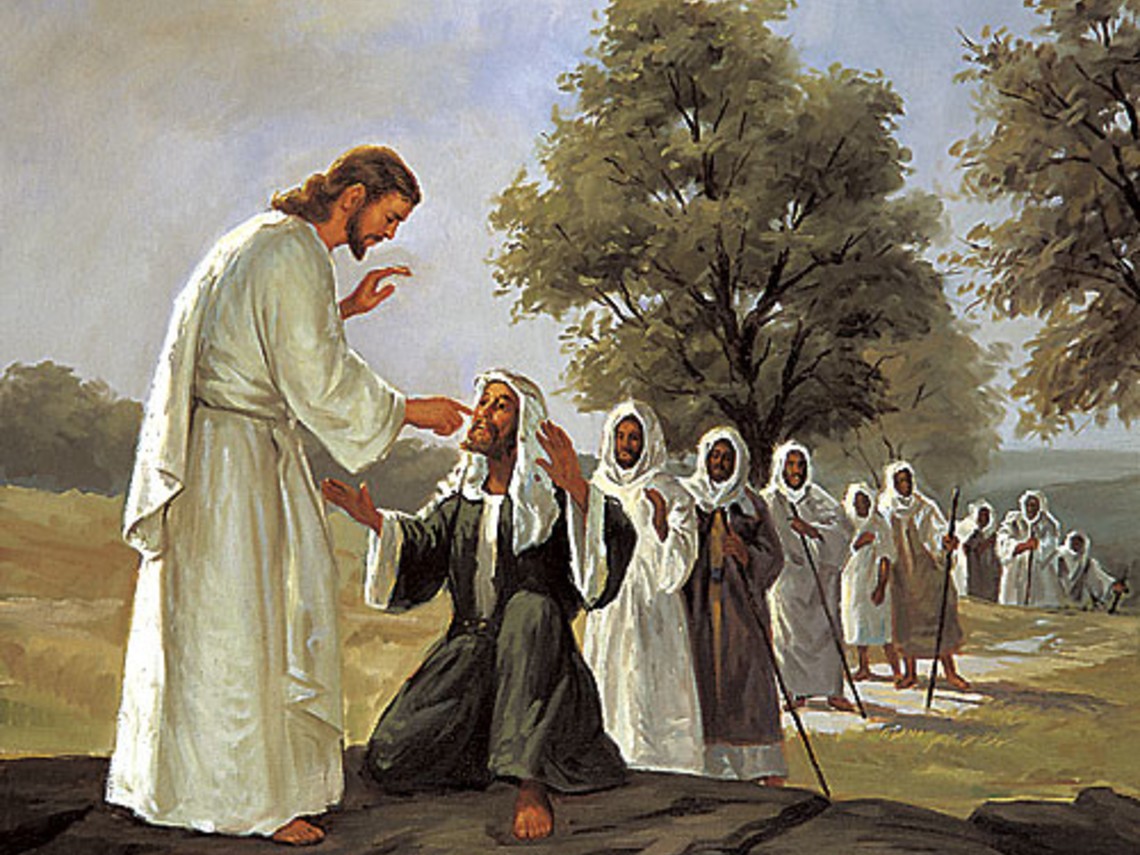
It’s no wonder that, in this Sunday’s Gospel (Luke 17:11-19), Jesus is more than willing to heal the ten lepers who shouted from afar: “Jesus, Master, have mercy on us.” Jesus became man in order to remove all the barriers that stand between each person and God.

Saint John, in his First Letter (1:8-10) says: “If we say we have no sin, we deceive ourselves, and the truth is not in us. If we confess our sins, he is faithful and just, and will forgive our sins and cleanse us from all unrighteousness. If we say we have not sinned, we make him a liar, and his word is not in us.”
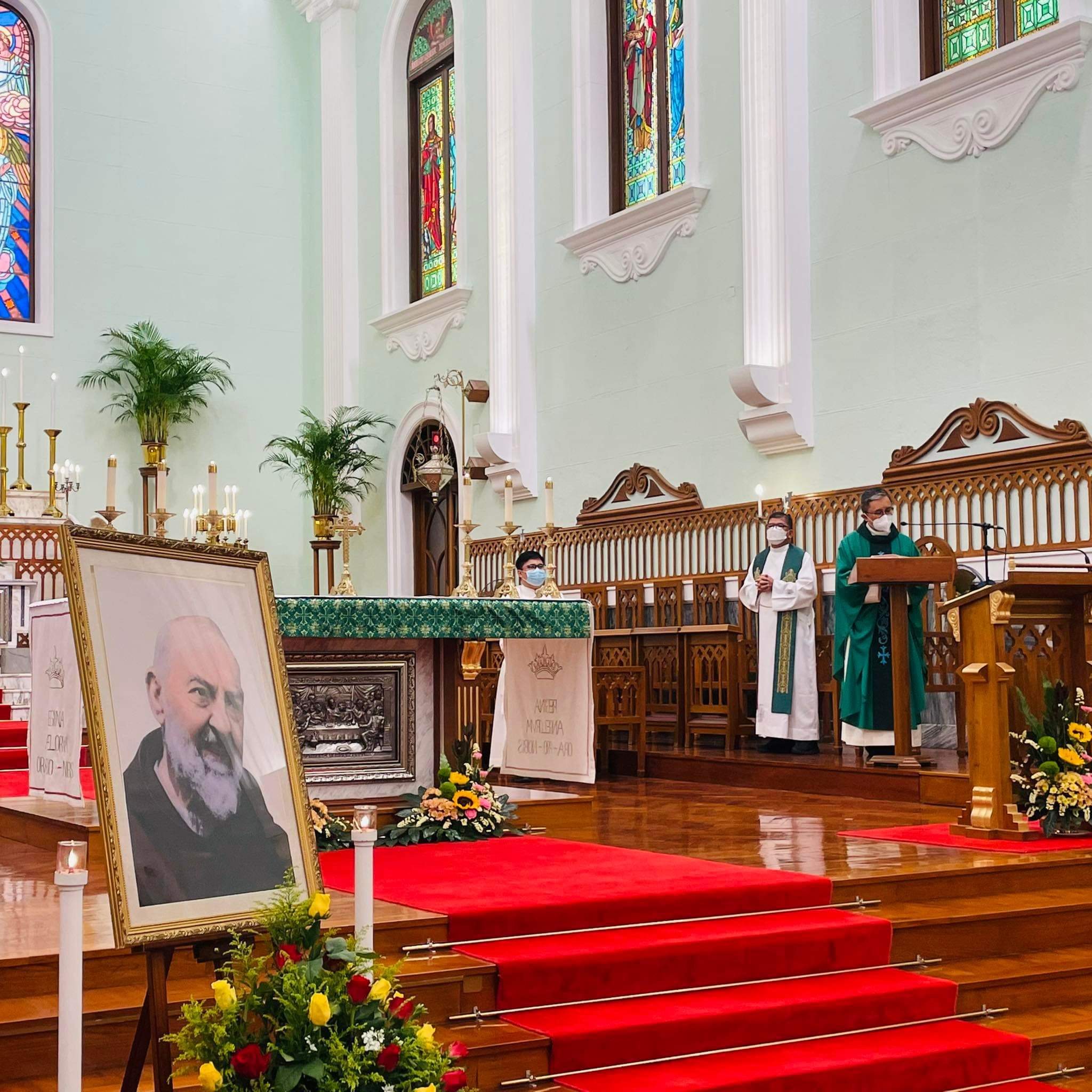
The love towards the saint and requests for his intercession has been increasing day by day among the faithful.
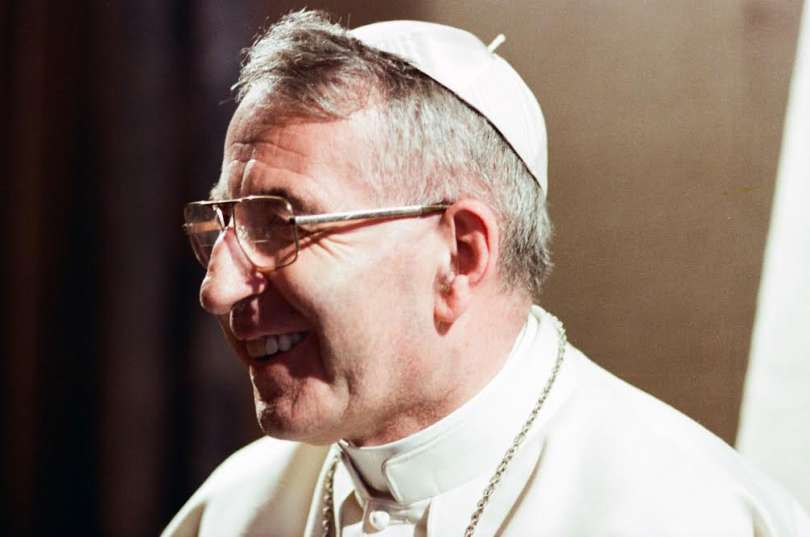
John Paul I’s humility and ability to touch the innocent profoundly are unmistakeably evident. One wonders about the change he might have wrought in the Church, had he lived longer.

Catholic Christians must not adhere to a form of Christianity that functions as a quid pro quo. We should live the Christian rule for love’s sake, for God’s sake.